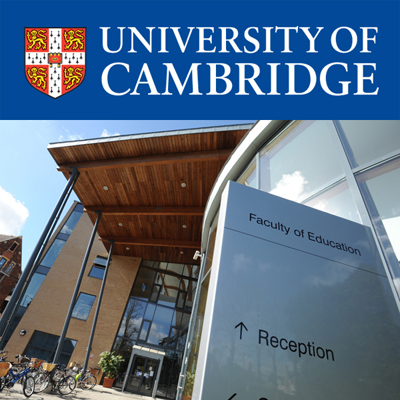Taking the Babble out of Babel & Trilingual Policy into Action
Duration: 1 hour 41 mins
Share this media item:
Embed this media item:
Embed this media item:
About this item

| Description: | Dr Peeter Mehisto talks about the forces, mechanisms and counterweights for building bilingual education systems and Lynne Stevenson & Helen Imam talk about the implementation of the NIS trilingual policy into the curriculum. |
|---|
| Created: | 2014-03-13 09:08 | ||||||
|---|---|---|---|---|---|---|---|
| Collection: | Kazakhstan programme open seminar series | ||||||
| Publisher: | University of Cambridge | ||||||
| Copyright: | Dr Peeter Mehisto, Lynne Stevenson & Helen Imam | ||||||
| Language: | eng (English) | ||||||
| Keywords: | Dr Peeter Mehisto; Lynne Stevenson; Helen Imam; Bilingual Education; Trilingual Education; Estonia; Nazarbayev Intellectual Schools; Kazakhstan; Cambridge Assessment; Cambridge International Examinations; Cambridge English Language Assessment; | ||||||
| Credits: |
|
||||||
| Abstract: | The complexities of bi- and trilingual education are manifold. This talk offers a construct for disentangling into three broad categories factors identified as contributing to or hindering the development of successful bi- or trilingual education – forces, mechanisms and counterweights. The construct arose from research into bilingual
programme development in Estonia, and is informed by the presenter’s cooperation with the Nazarbayev Intellectual Schools in Kazakhstan. A force belongs to the ideational realm. It is a form of intellectual power that has the capacity to affect people and events. An example of a force is a belief in the value of bilingual education. Forces can be harnessed to fuel action, to empower mechanisms. In contrast to forces, mechanisms are tangible. They belong to the material realm. A mechanism is part of a system that interacts with other parts and leads to something else being done or created. Policy prescriptions are a mechanism. Counterweights can help keep a system in balance. Finally, the construct remains dependent on stakeholder knowledge from numerous disciplines and broad skills sets. Ultimately bilingual education calls for ‘complexity competence’. Cambridge Assessment is working with Nazarbayev Intellectual Schools (NIS) to help develop a trilingual education system with curricula and qualifications benchmarked to international standards. This talk outlines the NIS trilingual policy and how it is implemented in the curriculum to enable schools to put it into practice. The presenters, who are from two divisions of Cambridge Assessment – Cambridge International Examinations and Cambridge English Language Assessment – also reflect on common issues arising from this project and other areas of their work in multilingual education contexts. |
|---|---|

